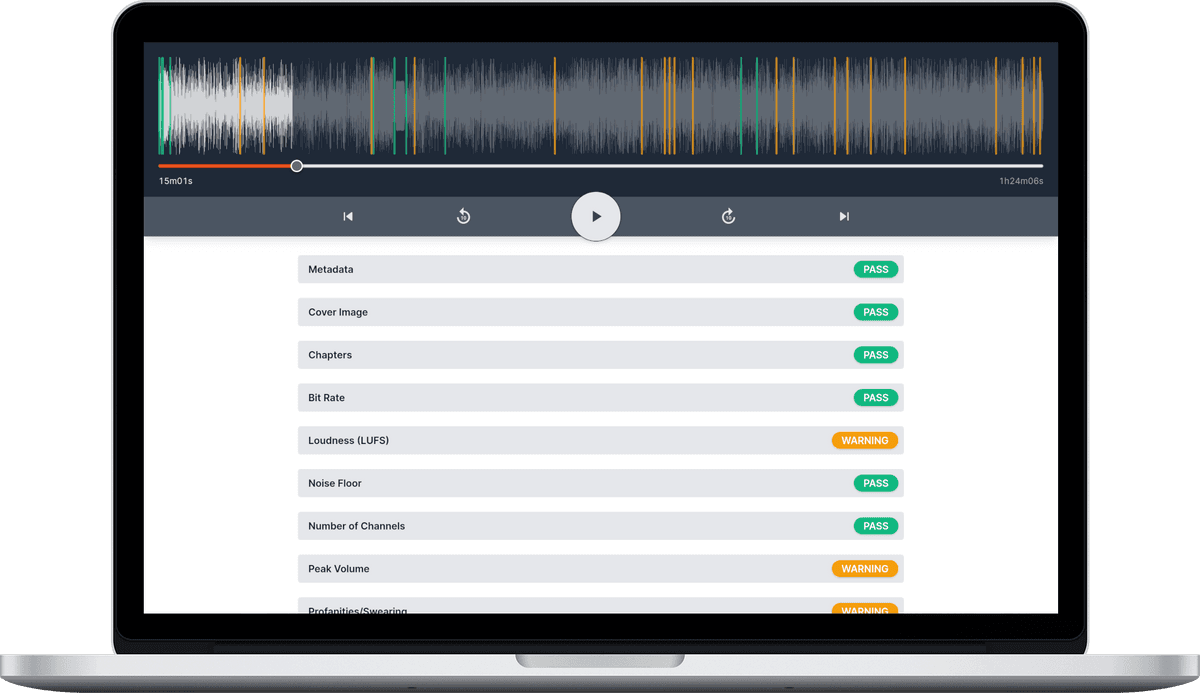The Benefits of Collaborating with Other Podcasters
![]() Damian Moore, Last updated: 15 February 2024
Damian Moore, Last updated: 15 February 2024
Podcasting has become an increasingly popular medium for sharing information and stories, and as such, it has also become a competitive field. However, instead of viewing other podcasters as competition, many creators have found that collaborating with other podcasters can bring numerous benefits. The benefits could include expanding your audience, enhancing content quality, relationship building, learning, increased motivation and creativity.
Expanding Your Audience
One of the main benefits of collaborating with other podcasters is the ability to reach a wider audience. By working together, podcasters can cross-promote each other’s shows, which can help to increase the discoverability of their content. This can be especially beneficial for educators who are looking to reach a wider audience with their teaching or research.
Selecting the right collaboration partners is a nuanced process that requires careful consideration and strategic planning. By focusing on alignment in audience demographics, content themes, and brand values, podcasters can maximise the benefits of collaboration, enhancing both audience overlap and interest. Through thoughtful research, trial projects, and clear communication, podcasters can forge successful partnerships that bolster their growth and reach in the dynamic podcasting landscape.
Enhancing Content Quality
Podcast collaborations significantly enhance content quality by combining resources and knowledge. When podcasters unite, they share not only tangible assets like superior recording equipment but also intangible assets such as storytelling expertise or marketing savvy. This synergy not only boosts production value but also enables a rich exchange of ideas and strategies, from audience engagement to monetization. For instance, a collaborator with a knack for social media can offer effective promotion tips, while another experienced in sponsorships might share insights on generating revenue.
This shared pool of resources and knowledge not only elevates the collaborative project but also arms each podcaster with new skills and insights, streamlining the path to more engaging, high-quality content and broader podcast success. Collaboration can bring a diversity of perspectives, ideas and voices. This can help to create a more engaging and informative podcast for listeners. It can also help to break down stereotypes and biases and to provide a more accurate and nuanced understanding of a given subject.
Networking and Relationship Building
Collaborating with other podcasters can also provide opportunities for professional development. By working with others, educators can learn from the experiences of other podcasters, which can help to improve their own skills and knowledge. Additionally, working with other educators on a podcast can be a great way to build a professional network.
Collaborations between podcasters often lay the groundwork for long-term partnerships and open doors to opportunities that extend well beyond the initial project. As podcasters work together, they not only share resources and knowledge but also build trust and mutual respect. This foundation of collaboration can evolve into ongoing partnerships where creators continue to support each other’s projects, cross-promote content, or even launch joint ventures. Additionally, a successful collaboration serves as a testament to the podcasters’ ability to work well together, attracting attention from sponsors, networks, and other media entities interested in investing in proven partnerships. This network effect can lead to invitations to participate in larger projects, speaking engagements, or industry events, further expanding their reach and influence within the podcasting community and beyond.
A single collaborative effort can become the catalyst for a lasting professional relationship, unlocking a myriad of opportunities for growth and success in the dynamic world of podcasting.
Learning and Skill Exchange
Feedback and constructive criticism play a pivotal role in elevating the quality of a podcast, serving as crucial tools for refinement and growth. Collaborating with fellow podcasters provides a unique opportunity to receive honest, informed feedback that can pinpoint areas for improvement, from pacing and structure to audio quality and listener engagement. This exchange of critiques fosters a culture of continuous improvement, encouraging podcasters to refine their craft and produce higher quality content.
Collaboration is a rich avenue for the exchange of skills and knowledge, broadening a podcaster’s expertise beyond their initial capabilities. For instance, one may share advanced audio editing techniques, while another offers insights into effective marketing strategies.
Increased Motivation and Creativity
Working with others in podcasting can significantly boost motivation and dedication, turning the often solitary task of content creation into a dynamic and supportive team effort. Collaboration naturally fosters a sense of accountability and encouragement among participants, pushing each member to meet deadlines, contribute their best work, and stay committed to the project’s success. This shared commitment not only sustains motivation but also acts as a catalyst for creativity, with diverse perspectives and experiences coming together to spark innovative content ideas that might not emerge in isolation.
Brainstorming sessions become a fertile ground for creativity, as collaborators can bounce ideas off each other, explore different angles on topics, and blend their unique insights into captivating episodes. Effective strategies for collaborative content planning include regular brainstorming meetings, using collaborative digital tools for idea sharing and organisation, and establishing clear roles and responsibilities to streamline the creative process. This collective approach ensures a steady flow of fresh, engaging content, driven by a team’s shared energy and creative synergy.

Resource Sharing
Sharing resources such as equipment, software, and marketing tools among podcasters through collaboration brings substantial benefits, including significant cost savings and enhanced production quality. By pooling resources, podcasters can access high-quality recording equipment, professional editing software, and advanced marketing platforms that might be too costly for individuals to afford on their own.
This communal approach not only reduces financial burdens but also elevates the production values of podcasts, allowing for crisper sound quality, more sophisticated editing, and more effective audience outreach.
Shared marketing resources mean that promotional efforts can be more comprehensive and impactful, leveraging combined audiences for greater reach. Ultimately, this synergy enables podcasters to produce content that stands out in a crowded market, attracting more listeners and potential sponsors, all while managing expenses more efficiently.
Conclusion
Collaboration can help to foster a sense of community and belonging. Podcasting can be a lonely endeavour, and working with other podcasters can help to combat feelings of isolation and can provide a sense of camaraderie.
In summary, Collaborating with other podcasters can bring numerous benefits for creators such as reaching a wider audience.
—
Photos courtesy of John Schnobrich and Nick Fewings

